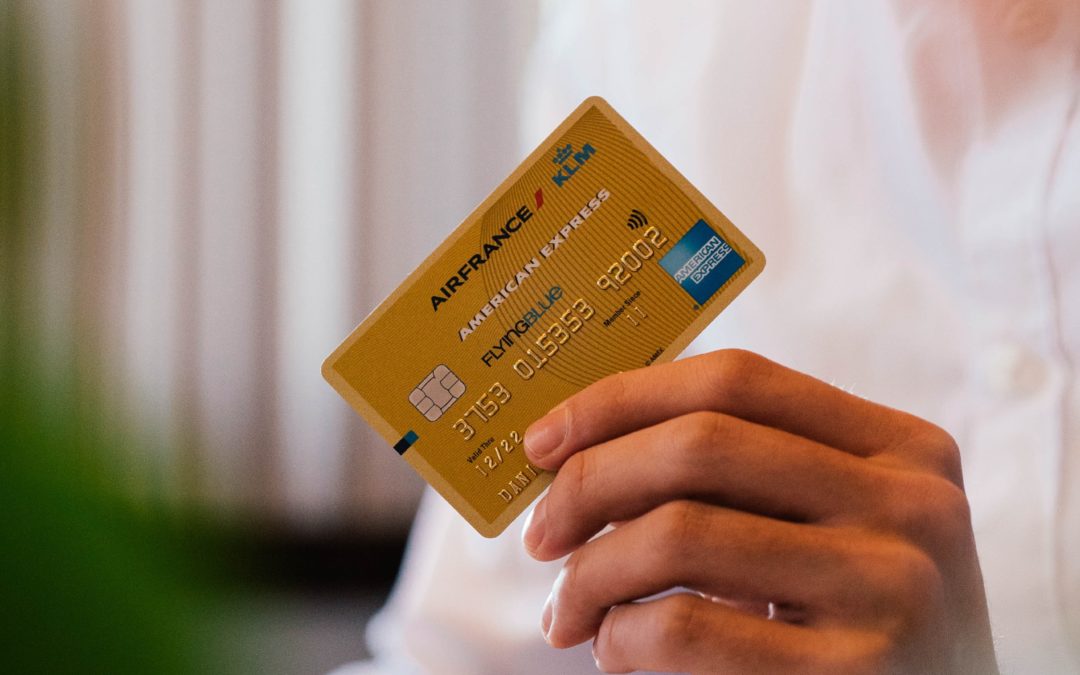It is everybody’s wish to live a debt-free life, but that isn’t always the case. Despite our efforts to make up for our expenses, things sometimes happen, like emergency medical bills, car or home repairs, which can’t be postponed. Last-minute emergencies can easily accumulate large credit card bills, making repayment difficult. If you owe a lot of money to your credit card, you’re probably wondering how to handle the situation. But the simple answer is—you can take out a loan to pay credit card bills. When does it make sense to consolidate your debt with a personal loan? Keep reading to find out.
Personal Loans
Many personal loans are available online through lending platforms like banks and credit unions. This allows borrowers to apply quickly and conveniently without necessarily visiting a physical lender. Personal loans often feature competitive rates and flexible repayment terms, allowing you to save money through debt consolidation.
Benefits of Personal Loans
Personal loans tend to offer relatively lower interest rates than credit cards, especially if you have a good credit score. You can also use the money borrowed through a personal loan for any purpose. So, if you are juggling several credit card payments every month, consolidating them with a single personal loan could be a brilliant idea.
Notably, using a personal loan to pay your credit card bills could make your credit balance cheaper to eliminate. In addition, as long as the personal loan payments are consistent, your credit score won’t be affected. But if you fail to make the payments on time, too much debt could pile and harm your credit score.
Drawbacks of Personal Loans
Personal loans have high closing costs. If you’ve ever taken a mortgage, you probably know that the closing costs are extremely high. Generally, a personal loan works the same way, and you will have to pay high closing costs on the total loan amount. So, although you will save money on interest, the high closing fees could eat into your initial savings.
On the same note, it could make more sense to consider a balance transfer before paying your credit card bills with a personal loan. This enables you to transfer your credit card debt into a new card (which often has 0% Introductory APR). So, if you can pay the card balance before the introductory APR period expires, it’s better to use a credit transfer.
Bottom Line
If you’re looking for loans that can help you pay your credit card bills, we recommend that you use personal loans. However, it’s important to consider other avenues before taking a personal loan to ensure you’re making the right financial decision.

